HALF TIME ECONOMY?
Returning from helping friends pick their olives on a beautiful Greek island, I have been thinking about the model presented by Greece today, and its lessons for other weaker economies. Greece hit the headlines when the government could no longer repay its debts, following a world financial crisis in 2007/8. The figures look alarming, partly because GDP has fallen by 25% and because Greece seems riven by conflict over what to do. Yet the streets of central Athens seem remarkably calm, apart from all the heavy traffic, and there are fewer empty buildings than you would see in many a British city. A fine new metro system ties the city together, while superb pedestrian walkways connect some of the main archaeological sites. So what is the problem?
A brief history
The territory of modern Greece hugely expanded as a result of the 2012/13 Balkan wars but at the end of the Greco-Turkish 1922 war, Greece with its thousands of islands was separated from the eastern mainland, which remained in Turkish hands, and a huge population movement took place. After World War II the country also became cut off from its northern communist mainland (Albania, Yugoslavia and Bulgaria). Athens grew in importance and today is a city of 4 million out of a country of 11 million, and still growing. When I first saw Athens almost four decades ago, it seemed as if everyone had left their farms to work in building the new multi-storey apartments that replaced the old two-storey terraces. Joining the Common Market and the Eurozone provided the finance to develop tourism on a grand scale, as tavernas mushroomed on the islands, and modern ferries linked them together. In Athens an expanding government offered jobs with good pensions. Greece exploited its comparative advantage of a sunny climate and sheltered bays.
Staying in Paros in November, an island whose population of 17,000 expands fivefold in the short Summer season, I was struck by the changes that have taken place over the last four decades. Many of the basic jobs, such as in building or fruit picking, are now taken by mostly Albanian immigrants. Those who had abandoned unremunerative plots have now built homes on them, taking advantage of easy loans and lax planning controls. Food and energy has to be imported, along with virtually all manufactured goods, and wind turbines and solar panels are still rare. Everyone needs a car as homes creep up the hills, many of them now providing second homes for wealthier Athenians. While the capital sought to limit traffic by only allowing cars in on alternate days, moving outside the pedestrianized areas is still worse than in other comparable cities, in part due to the narrow pavements and poor crossings.
Sustainable solutions?
In many respects Greece is no different from other post-agricultural economies such as Ireland, Portugal or Spain. They have all made the most of the long period of post-war peace to upgrade their infrastructure, build new civic monuments such as stadia, galleries and museums (often designed by eminent foreign architects) and to welcome in tourists from the colder Northern European countries to sample their food and culture. But the season is short, and so for more than half the time at least all this infrastructure is under-used. Young people, often educated far beyond the levels their parents reached, have to find jobs abroad because the openings at home are so few. Unemployment levels remain at around 25% for young people. The universities are not filling the gaps (and thousands of Greek students are to be found studying in Swansea), despite historic strengths in areas such as design, engineering and IT.
Unlike countries with a stronger industrial tradition, whose businesses serve export markets, people’s savings will continue to be ploughed into detached houses, to be left under-utilised most of the time. Inequalities will grow as /successive governments find it impossible to raise enough in taxes to do more than keep a falling number of civil servants employed, and public services have to be cut back further. For example the many museums are only open part of the week. Some 1.5 million jobs were lost after the cutbacks, and these may never be replaced, given global economic trends.
Raising tax rates is no answer in a country that is so individualistic, and where national politics are fragmenting into the extremes of left and right. So surely the answers must lie in how land is used, so that people need to travel less and produce more of what is consumed locally, and not just knick-knacks for tourists? So, having hoped to escape thinking about garden cities, I was left wondering how the country that had invented the ideas of the metropolis and civilisation might make better use of its natural resources, and in so doing make its debts more manageable. As so much is now dependant on private finance, surely a country like Greece needs a municipal investment corporation, as in Northern European countries, that can channel savings into the local infrastructure needed to support more productive lifestyles and minimise waste of all kinds? This might stop money flowing out of the country into purchasing apartments to rent in London, or adding to the stock of under-used holiday homes.
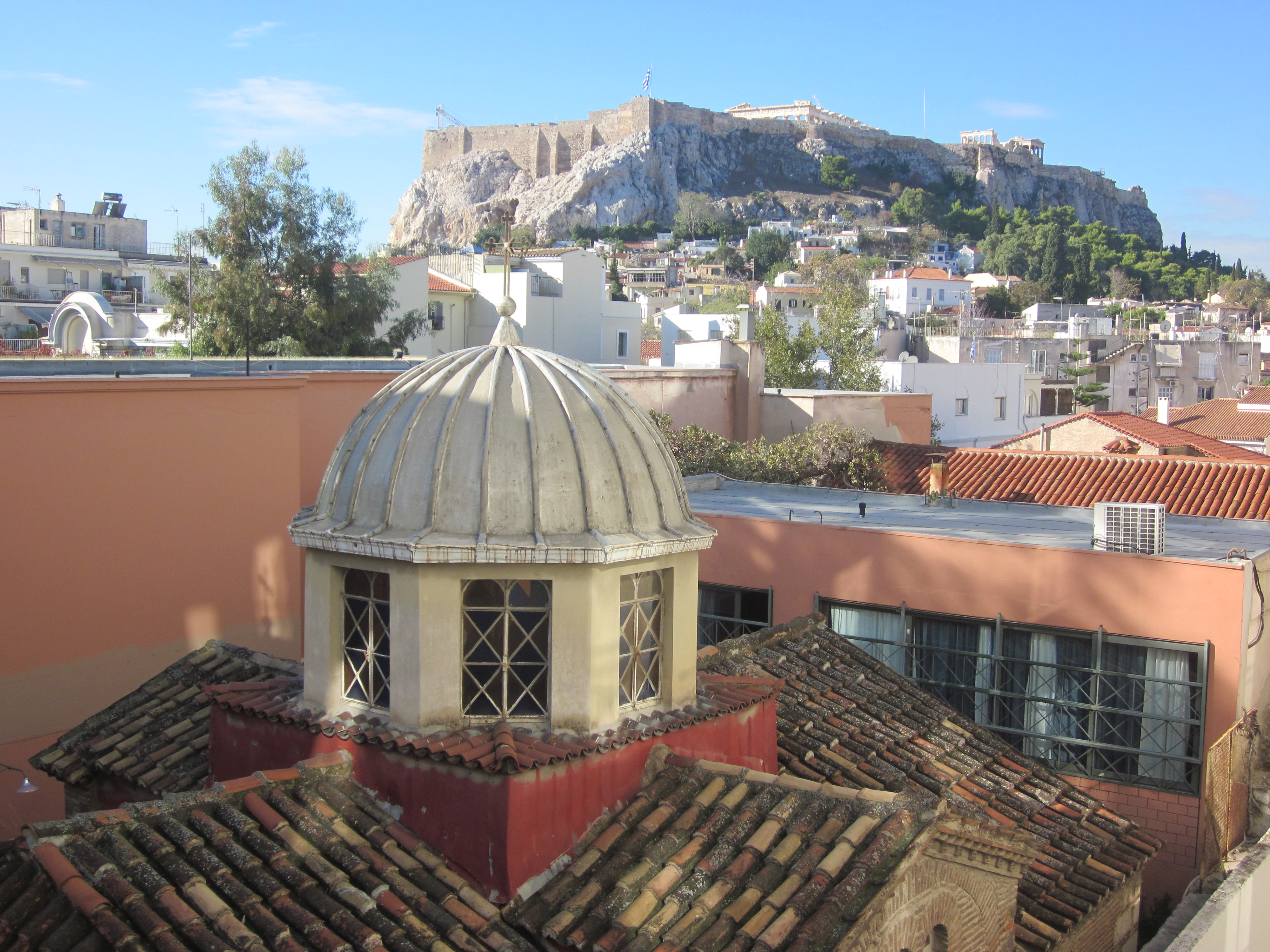
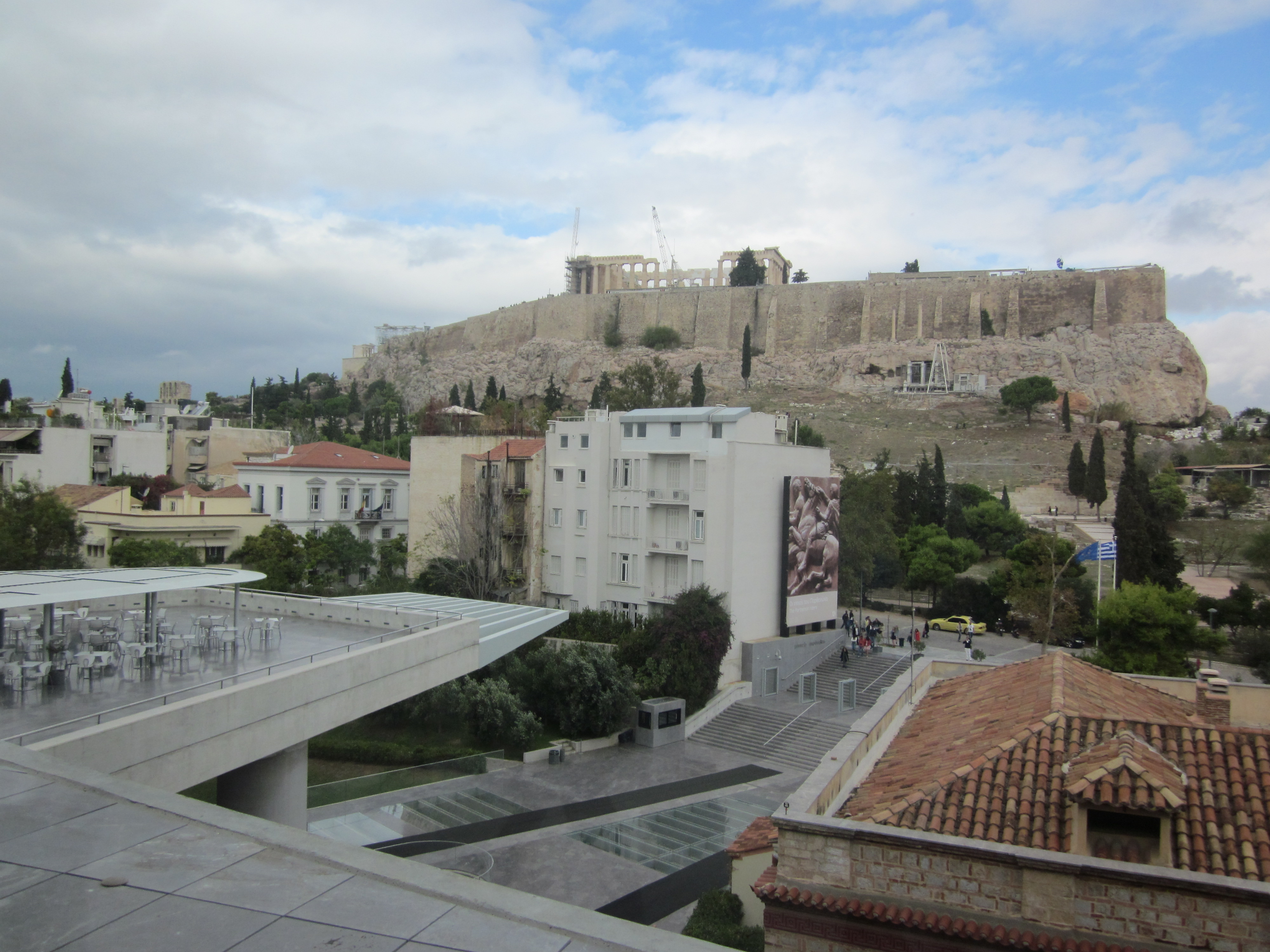
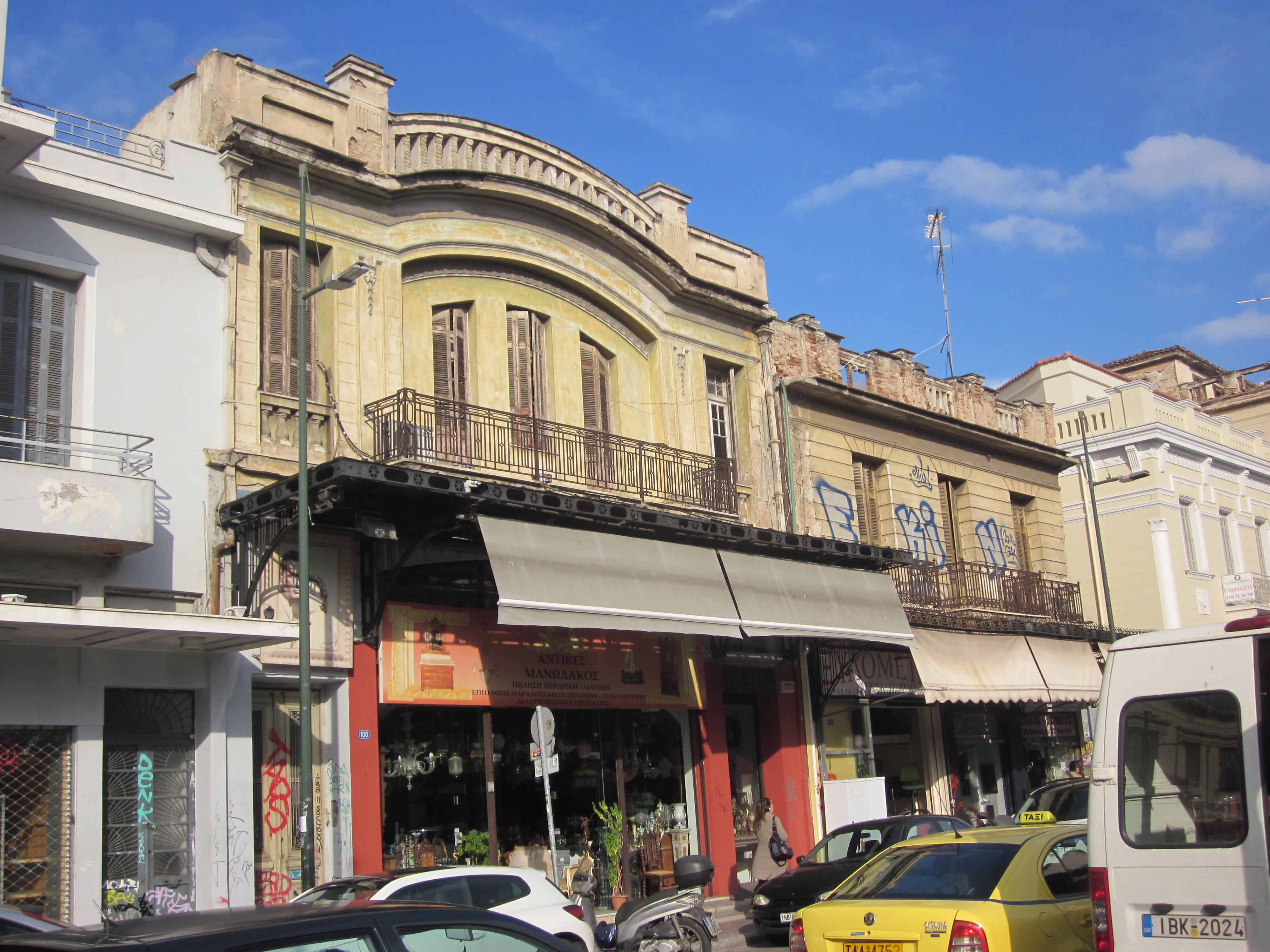
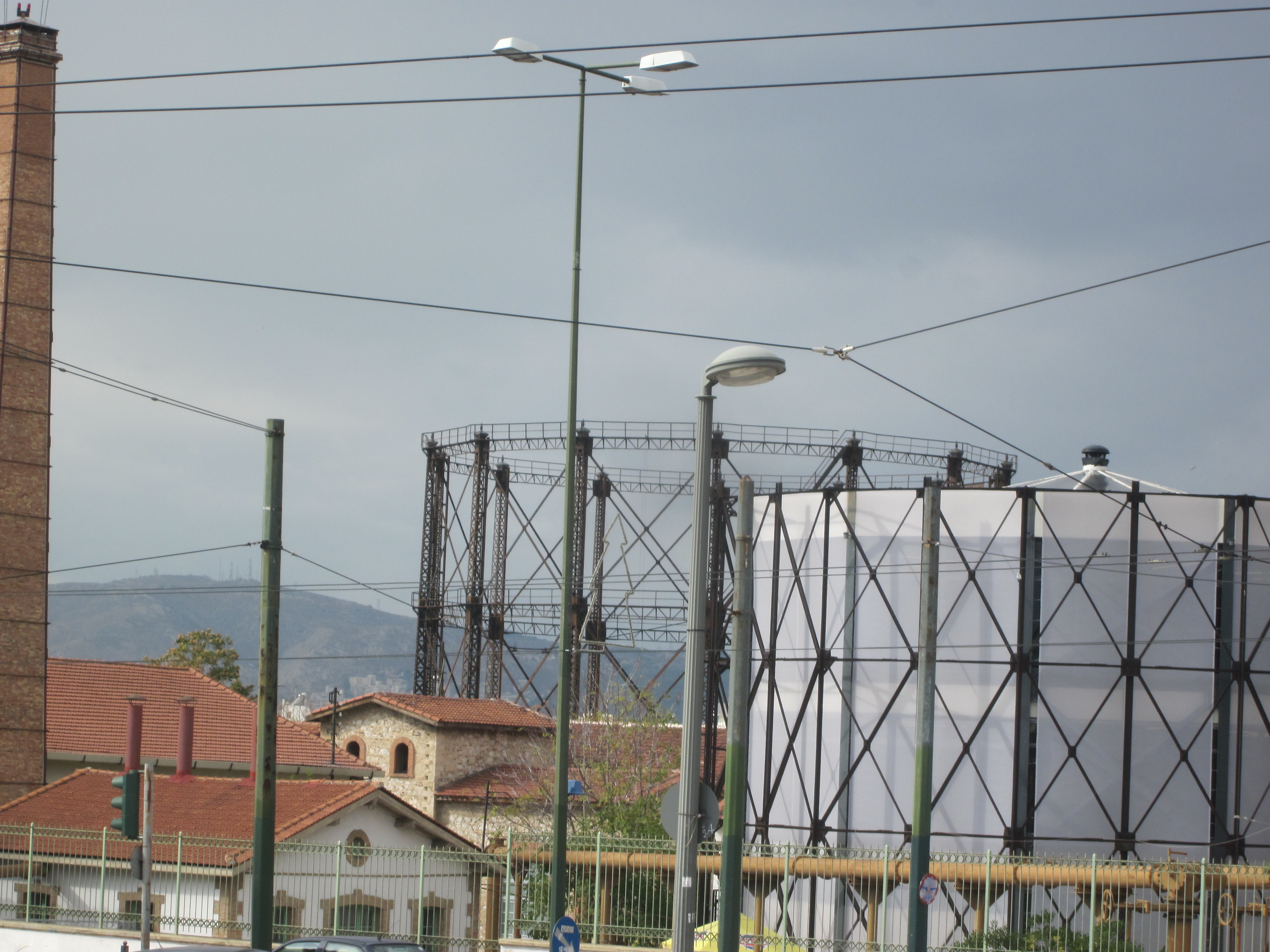
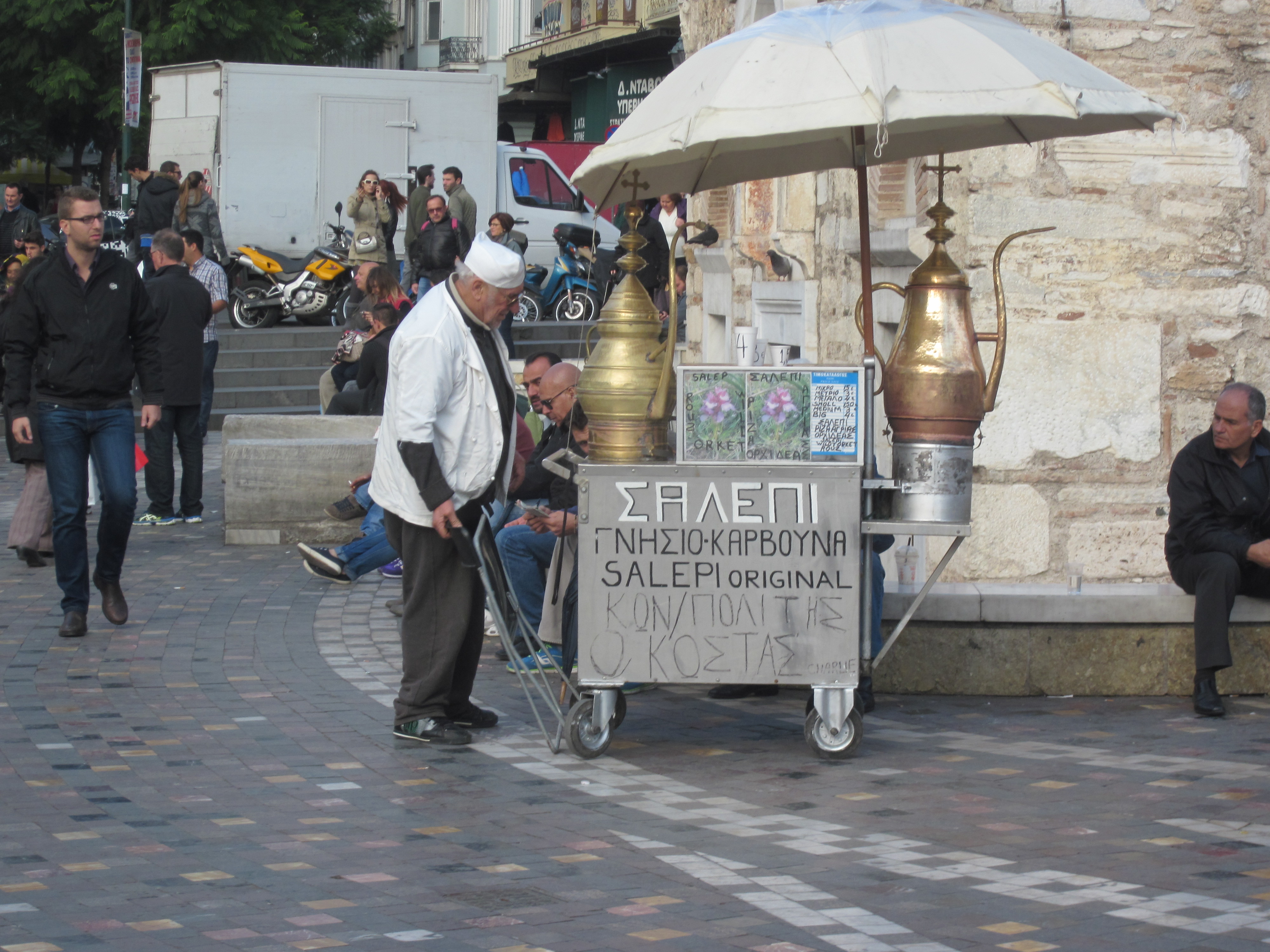
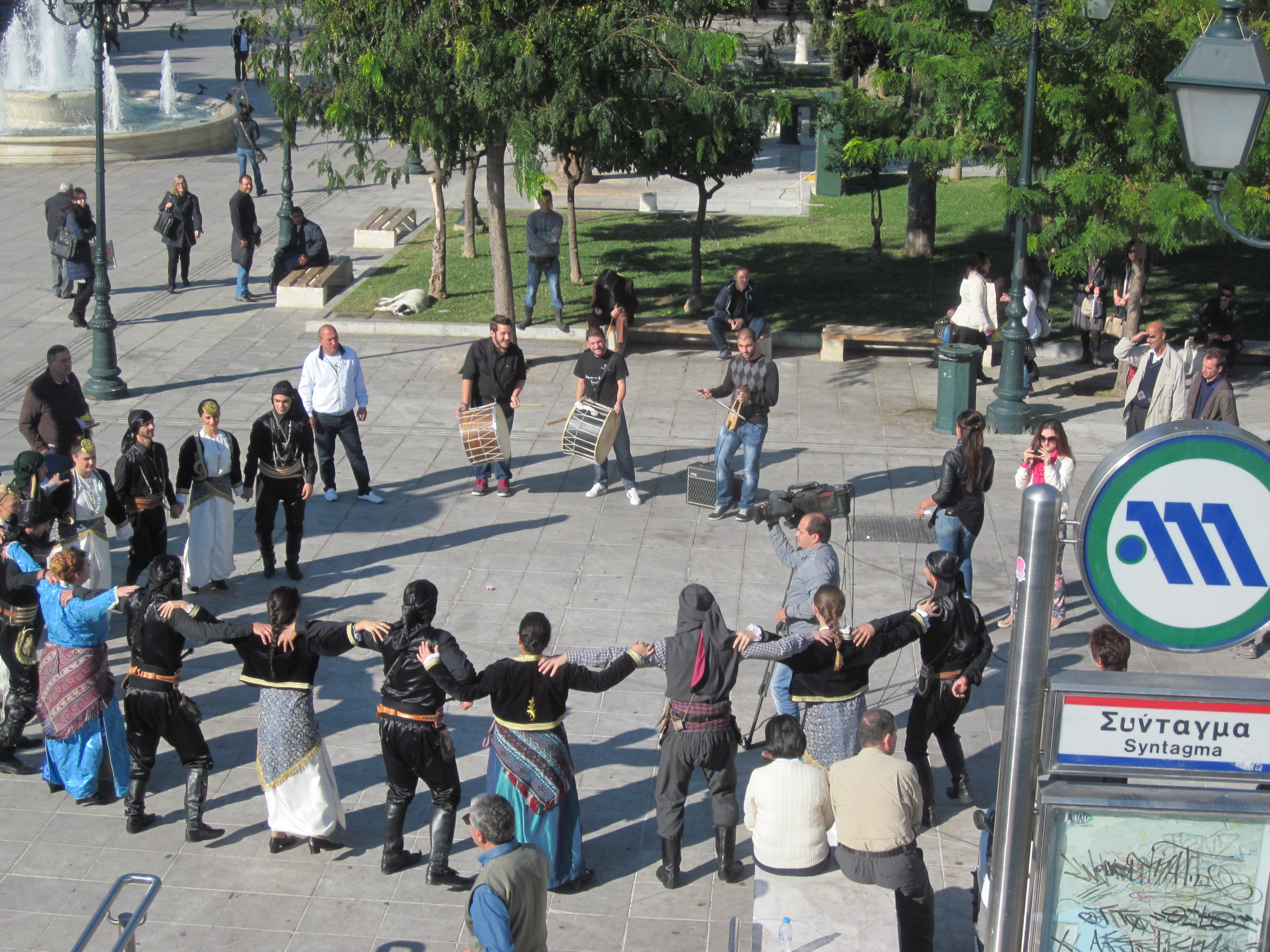
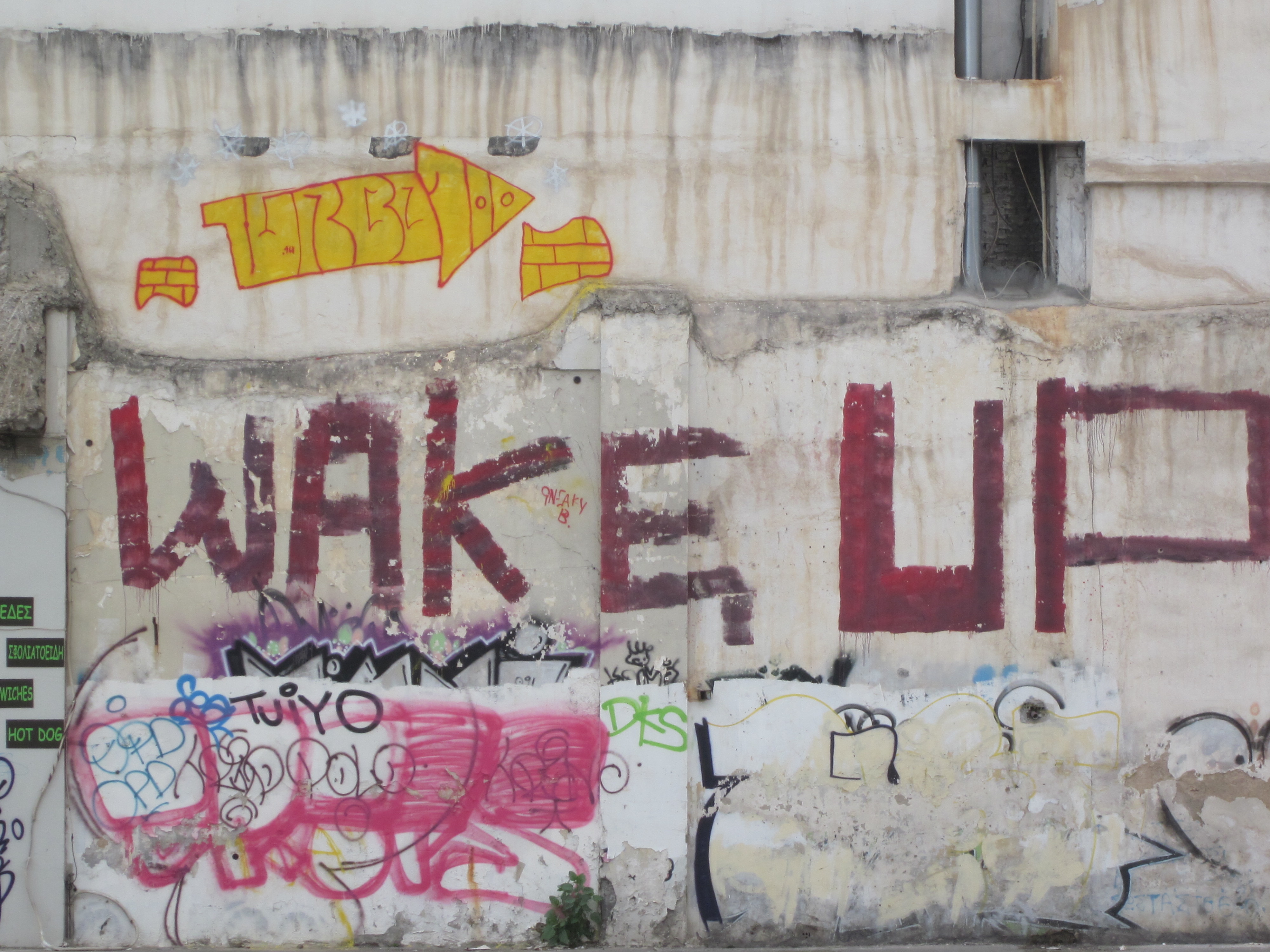
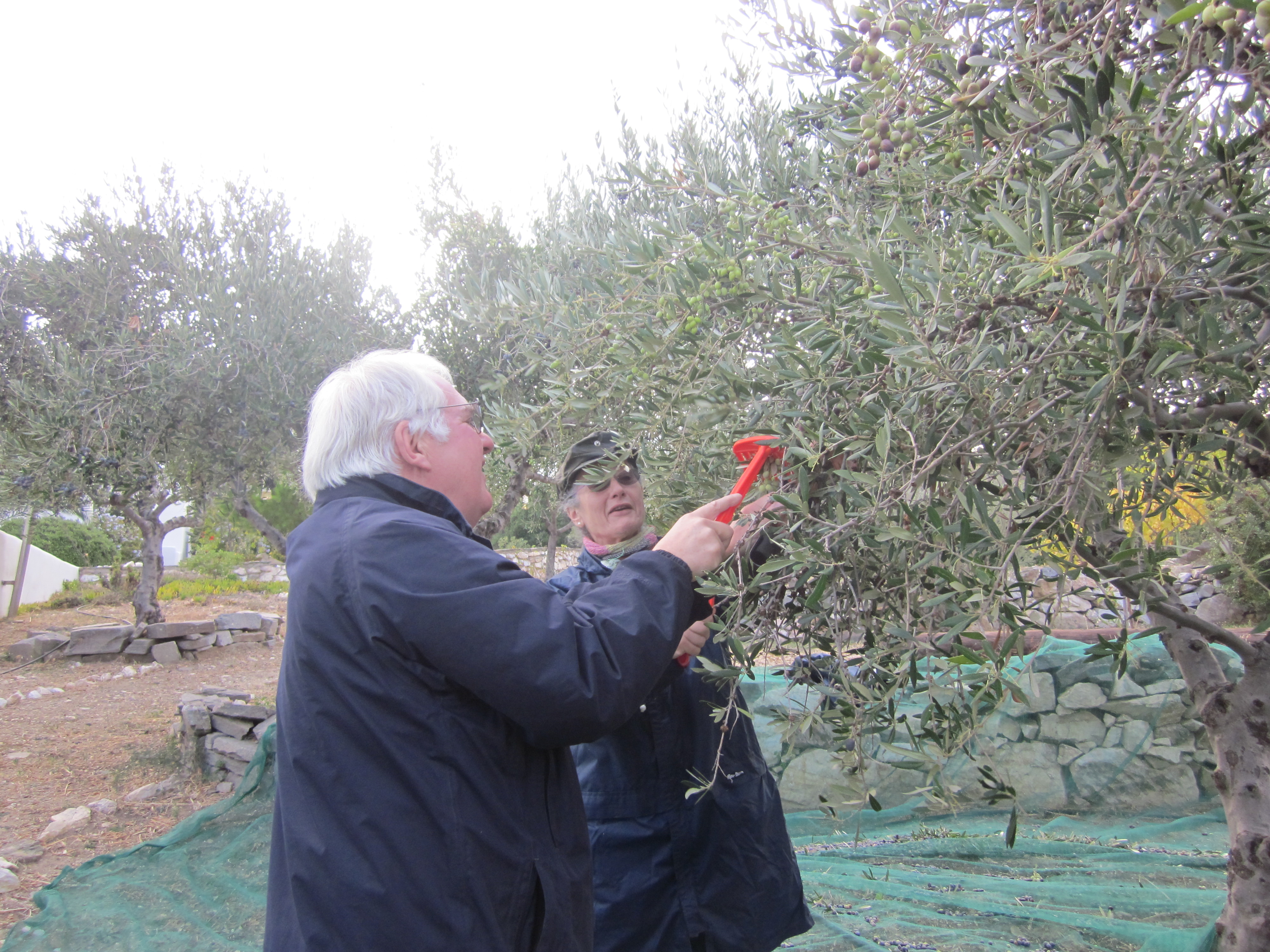
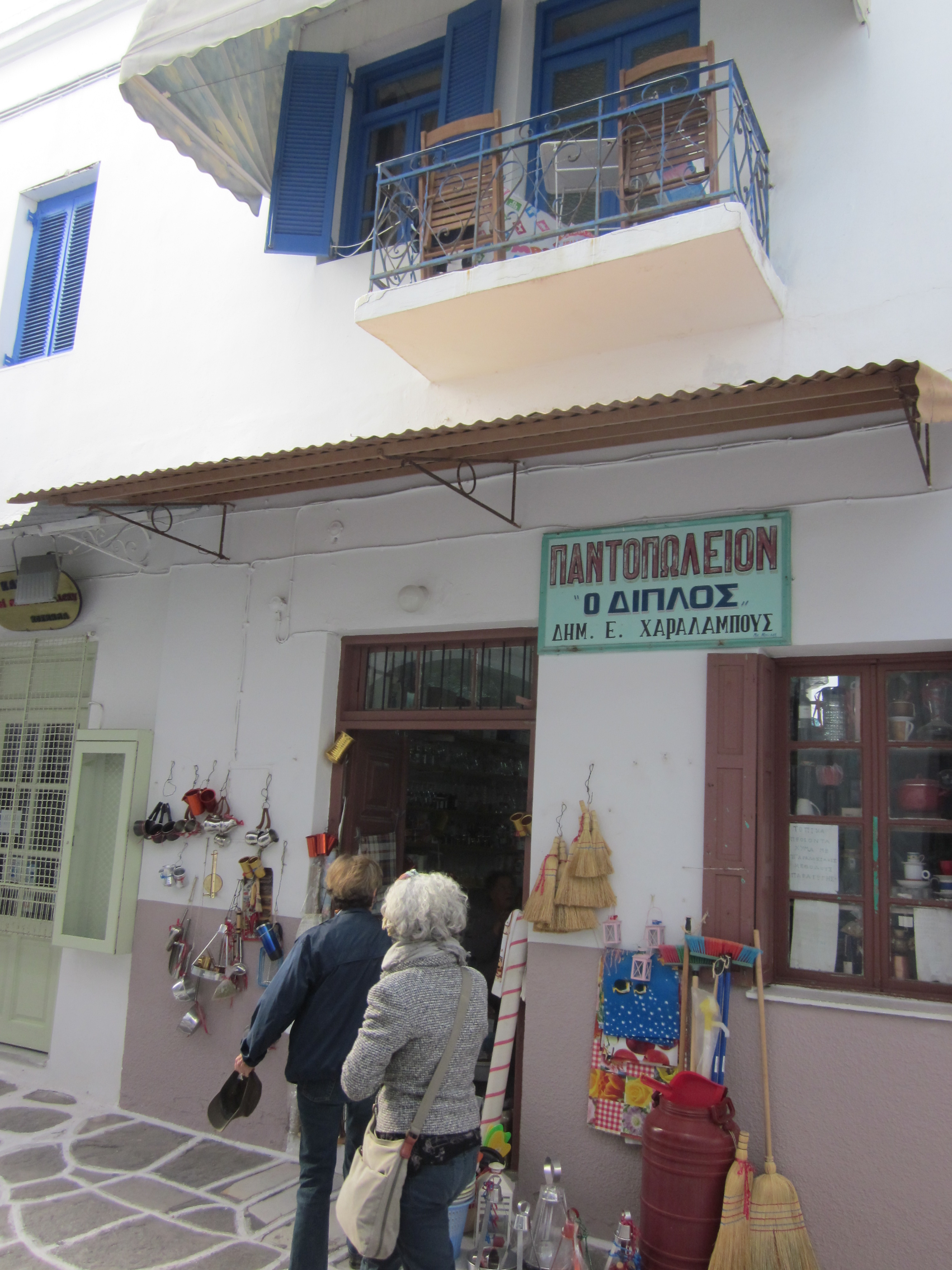
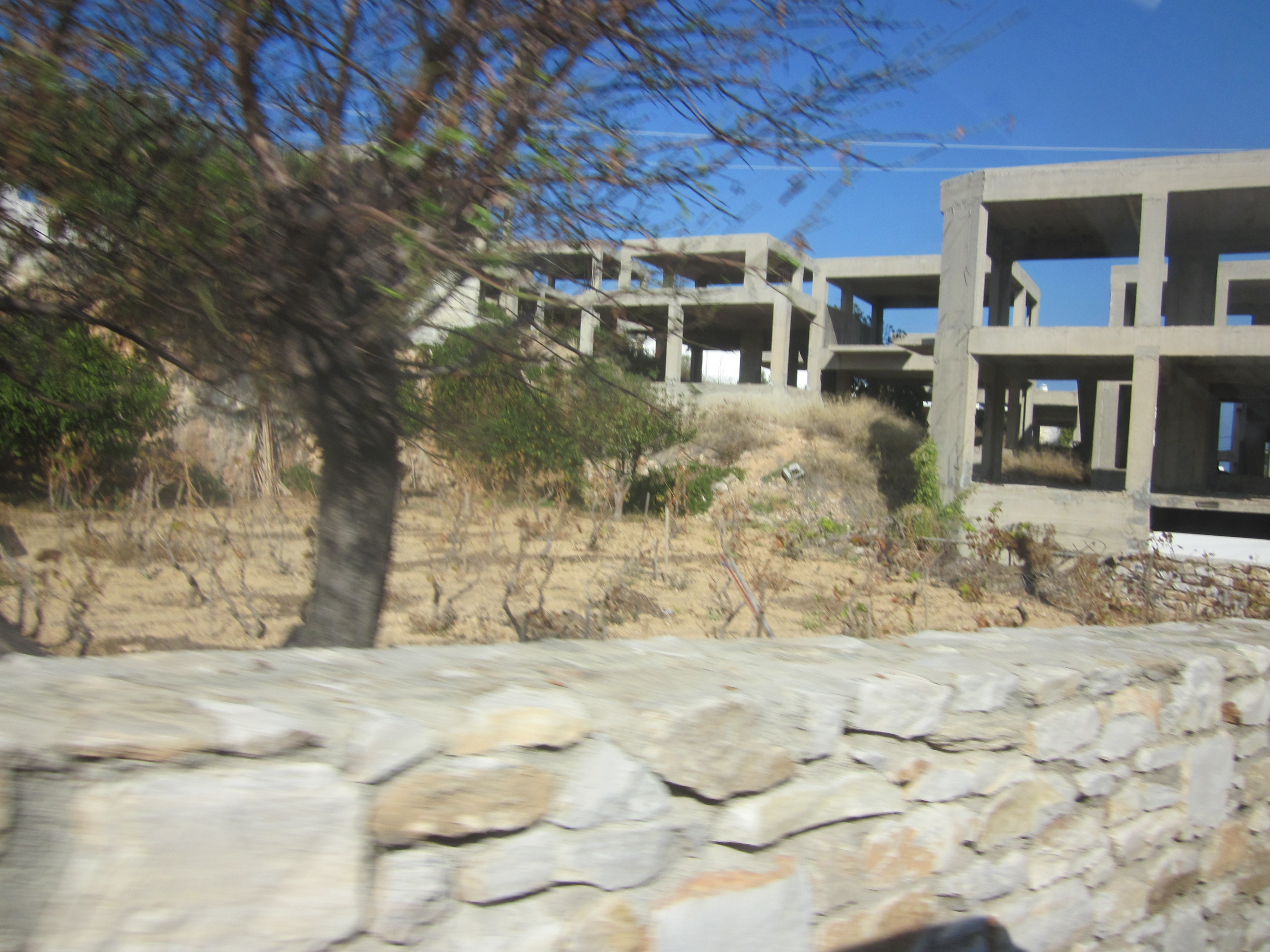
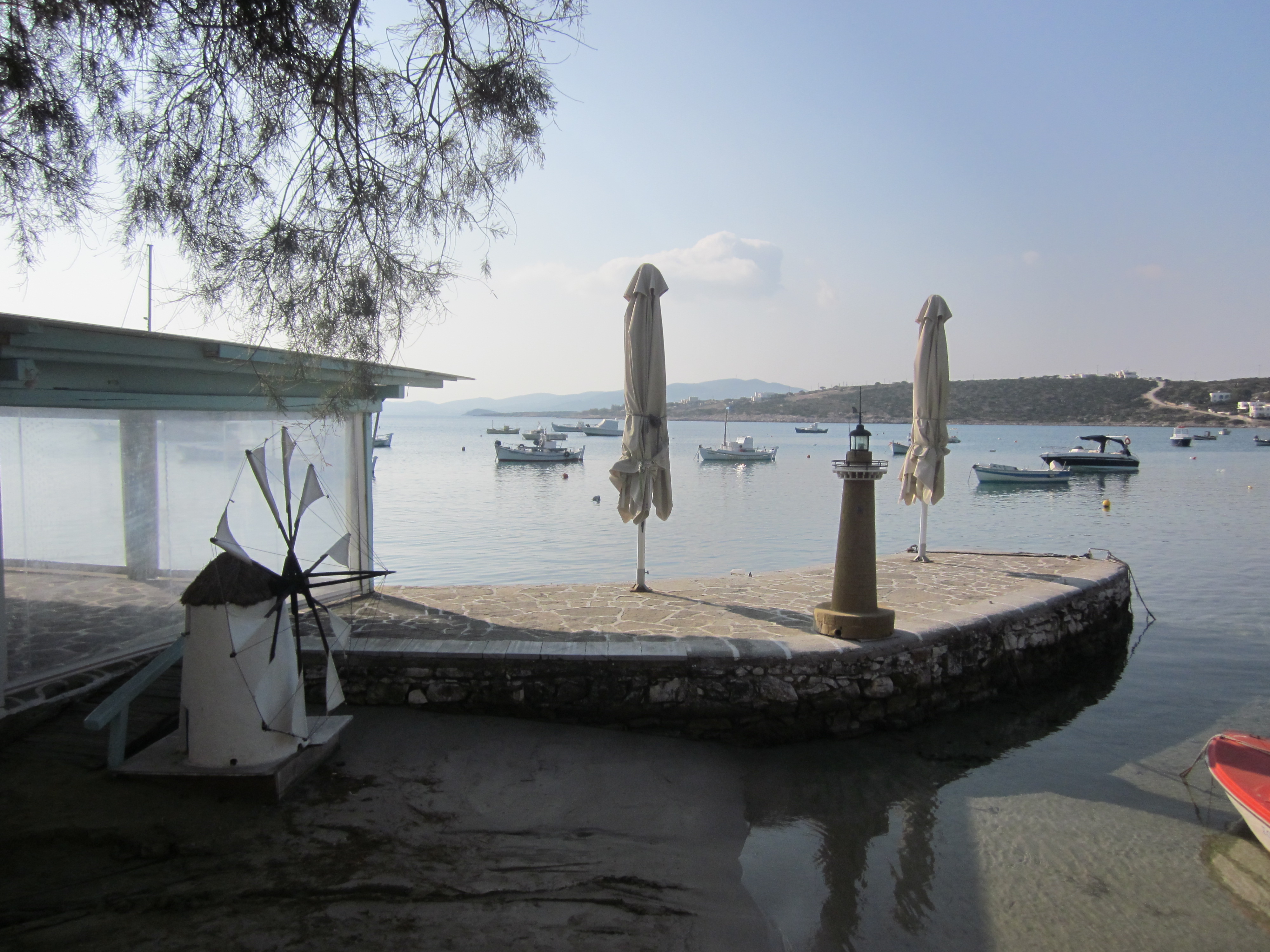

Your observation that the economy of countries like Greece is being held back by investment in property is perceptive.
I felt, however, that the shop vacancies in Central Athens were a lot more prevalent than you did.